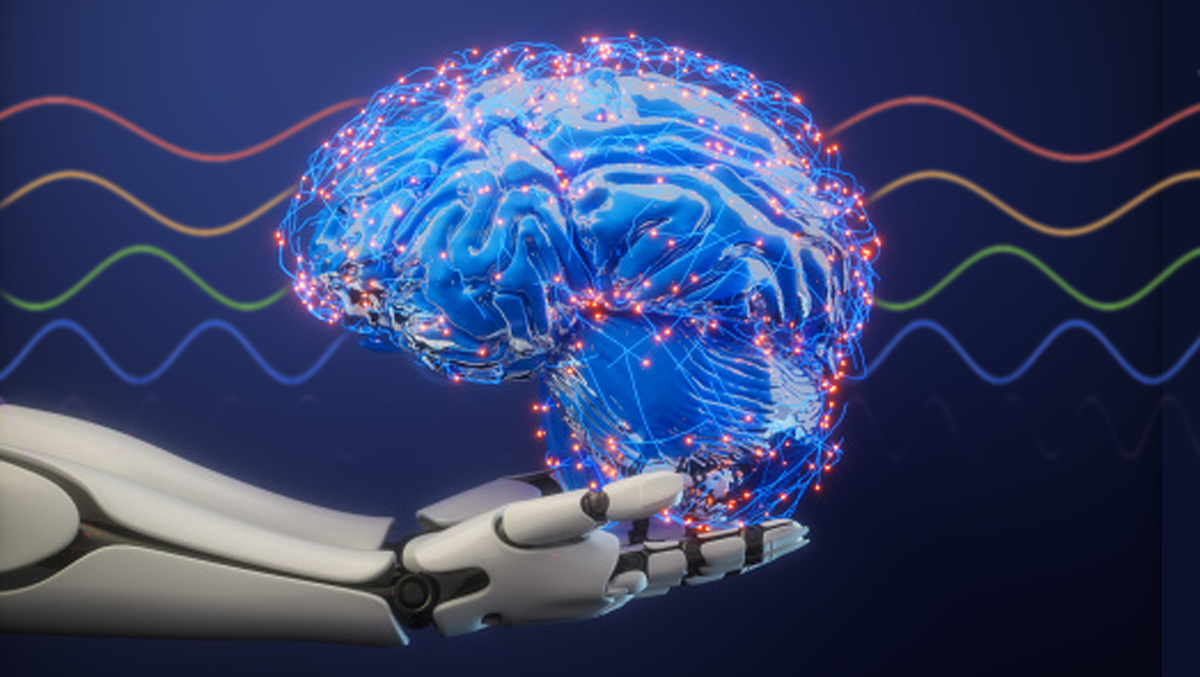

4 Takeaways on Cleveland Clinic’s New AI Co-Pilot for Brain ICU Care

The recent news that Cleveland Clinic was partnering with artificial intelligence (AI) startup Piramidal Inc. to launch the world’s first AI model to read brainwaves sparked considerable interest in the medical community and lay media.
Piramidal’s new tool can scan a full day's worth of EEG (electroencephalogram) data in seconds, a task that now takes trained specialists hours, notes an Axios report. It will help clinicians detect seizures, strokes or brain injuries sooner, offering the potential to save lives.
Here are some key takeaways on the program:
Providing a 'Co-Pilot' for Neurologists
Physicians describe the software as an “AI co-pilot” that augments, rather than replaces, neurologists. The rollout will include multiple phases of testing, validation and refinement, with a long-term goal of making the tool available in more general health care settings.
Defining How the Model Works
Instead of being trained on text, the system is based on EEG data, which are collected via electrodes placed on the scalp and then read by a computer in a series of wavy lines. EEG records the brain’s electrical activity, and changes in this activity can indicate a problem. In an intensive care unit (ICU) setting, doctors scan EEG data looking for evidence of seizures, altered consciousness or a decline in brain function.
Piramidal built its ICU brain model using publicly available EEG datasets, as well as proprietary EEG data from the Cleveland Clinic and other partners. The model incorporates nearly a million hours of EEG monitoring data from thousands of patients, both neurologically healthy and unhealthy, CEO Dimitris Fotis Sakellariou told Wired: Wired.
Closing the Gap in Brain Monitoring
The new EEG solution addresses a "major gap” in brain monitoring, especially in emergency situations, said Imad Najm, Cleveland Clinic’s vice chair of its Neurological Institute, in a press release. "It will make it possible to monitor patients more widely and frequently, expanding its use beyond just specialized hospitals to more general health care settings,” he added.
Delivering Vital Information in Real Time
ICUs often lack the staff to monitor brain waves from multiple patients in real time. Piramidal's AI engine scans for patterns that suggest problems and alerts clinicians quickly.



